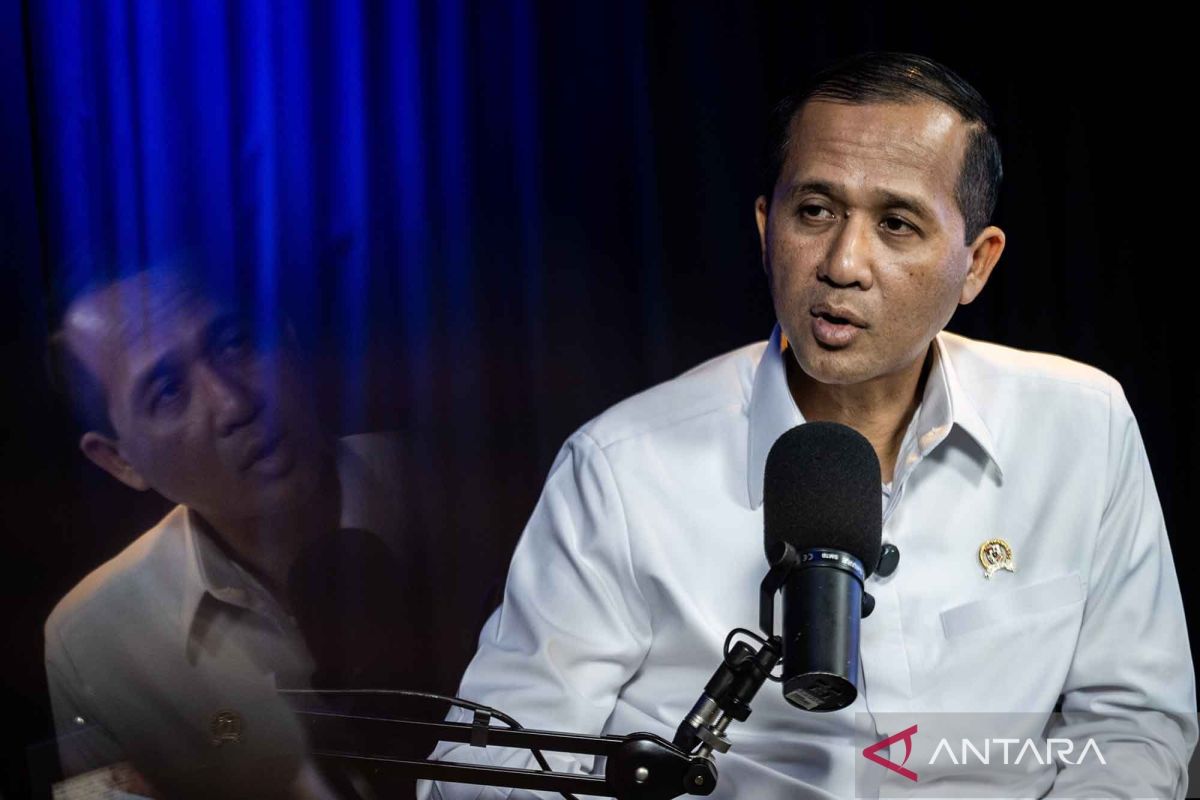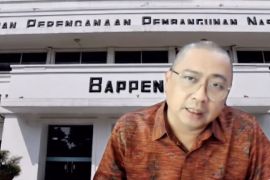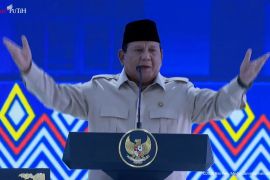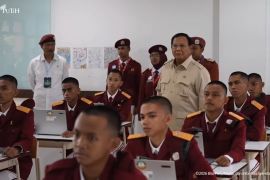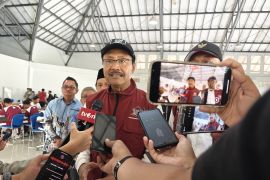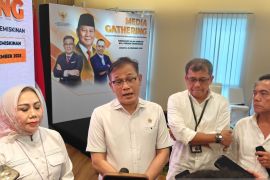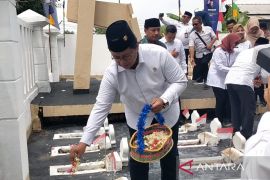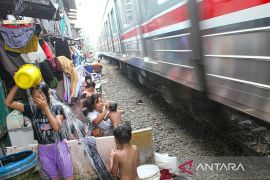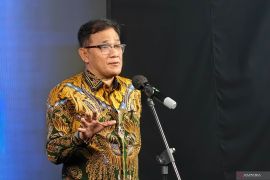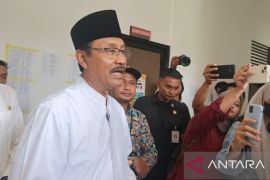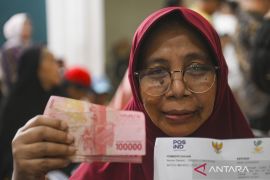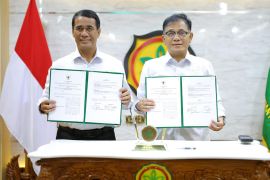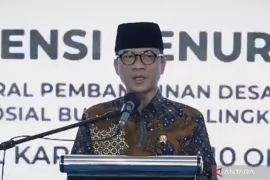"Actually, the relevance of transmigration today is to alleviate poverty. That is the fundamental goal we want to develop," he said in an interview with ANTARA in Jakarta on Tuesday.
He cited the Melolo transmigration area in East Sumba, East Nusa Tenggara, where the poverty rate has dropped from 32 percent to 27 percent, attributing the decline to the industrialization process.
An integrated sugar factory managed by PT Muria Sumba Manis in Melolo has created at least 3,500 jobs, according to the Ministry of Transmigration.
Suryanagara noted a disconnection in the investment process in transmigration areas, highlighting the lack of binding obligations for companies to hire local residents.
He emphasized that industrialization must empower local communities, helping them earn income, boosting household consumption, and stimulating the local economy.
"That is what transmigration targets. We do not want local communities displaced from their own villages due to land use by industries," he said.
The ministry is developing a transmigration program that integrates human resources with industrial advantages such as capital, technology, and market access to support regional economic growth.
It has partnered with several foreign investors, including South Korea's LX International, which invested Rp1.2 trillion (US$72.2 million) in the Maloy-Kaliorang transmigration area in East Kalimantan.
The ministry is also exploring cooperation with Chinese agricultural company Wuhan Guoying Seed Co., Ltd. to develop agriculture-industry-based tourism villages in transmigration areas.
Related news: Minister targets 13,000 transmigration land certificates in 2025
Related news: Minister seeks Transmigration Law revision for inclusive economy
Translator: Rizka Khaerunnisa, Raka Adji
Editor: Anton Santoso
Copyright © ANTARA 2025
